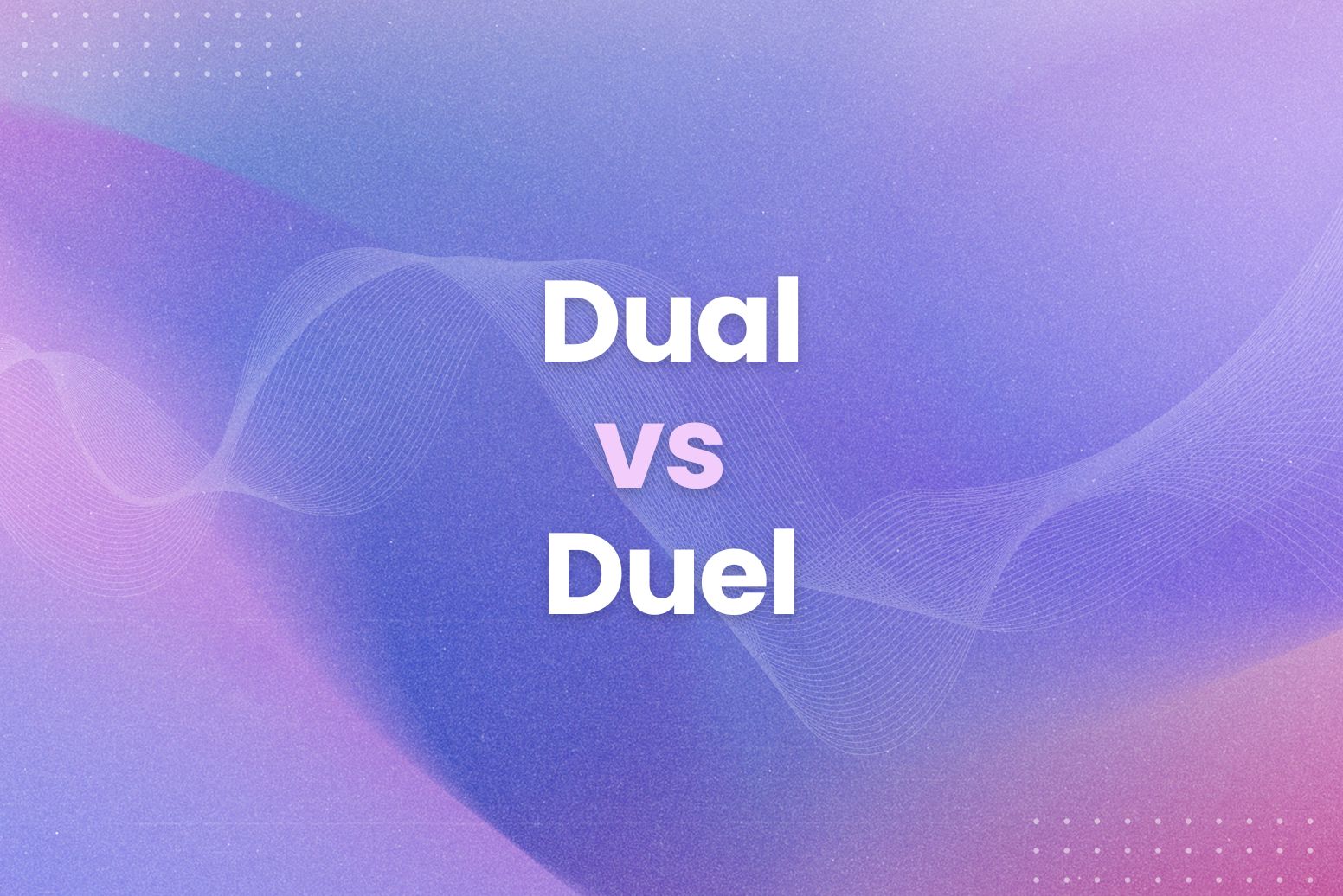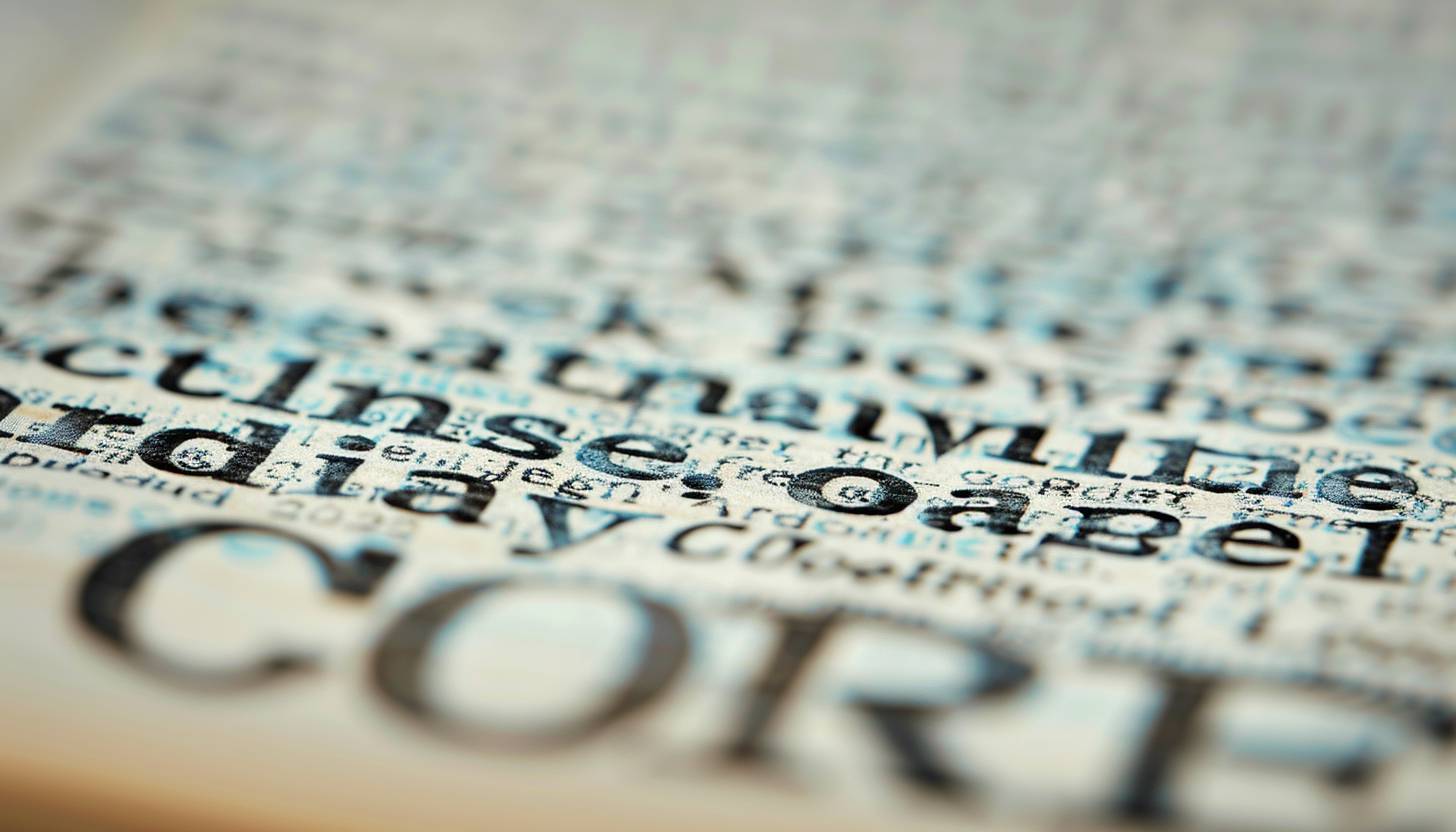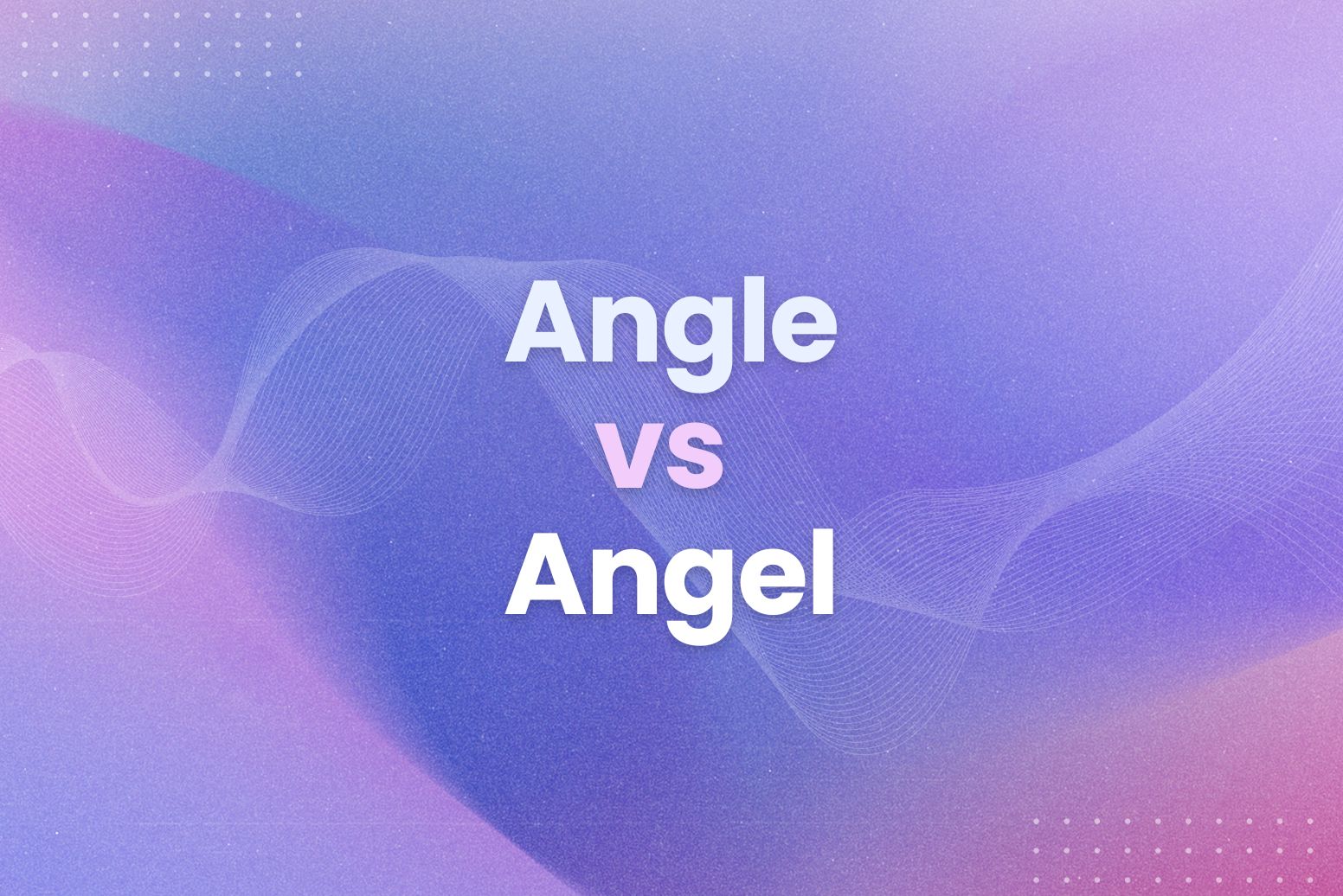English can be tricky—especially when one letter flips a word’s meaning. Dual vs duel are prime examples. They look similar but describe very different things. One is about twos, while the other takes us to a battlefield. Misusing them can lead to awkward mistakes. Or, worse, completely change what you’re trying to say.
This guide will settle the confusion once and for all. You’ll learn what each word means, when to use it, and how to avoid embarrassing slip-ups.
What we’ll cover:
- Firstly, the meanings of dual and duel.
- Then, examples showing how to use each word.
- Simple tricks to remember the difference.
- Lastly, some common mistakes and how to avoid them.
Let’s get to it.
The Meanings of Dual and Duel
Let’s start simple. Dual means “two” or “double.” It describes things that exist in pairs or have two parts. For example, a car with dual exhausts has two exhaust pipes. Similarly, a dual citizenship means someone belongs to two countries. Think “two of something working together.”
On the other hand, duel is all about conflict. It refers to a fight or contest, often between two individuals. Historically, duels involved swords or pistols. Today, we use it figuratively, too. For instance, two athletes in a heated game might be said to duel for victory.
Quick examples:
- Dual: The phone has a dual-camera system.
- Duel: The knights prepared for a duel at dawn.
Words can seem alike, but their meanings can lead you down very different paths. One’s about cooperation, and the other’s about confrontation.
Examples Showing How to Use Each Word
Seeing words in action makes them easier to remember. Let’s break it down with real-life examples of dual vs duel.
Dual Examples
- She bought a car with dual airbags for extra safety.
- The new laptop supports dual monitors, perfect for multitasking.
- He has dual roles at work: manager and trainer.
In each case, dual emphasizes something that’s twofold or paired.
Duel Examples
- The two warriors engaged in a duel to settle their dispute.
- The chess match turned into a mental duel between grandmasters.
- Fans loved watching the heated duel between the rival teams.
Here, duel focuses on a battle or contest, whether literal or metaphorical.
Pro Tip: If you’re writing and get stuck, try this: dual relates to two or double. Duel involves a fight or challenge.
By keeping these distinctions in mind, you’ll sidestep common mix-ups.
Simple Tricks to Remember the Difference
Mixing up dual and duel happens often, but a few quick tricks can clear the fog.
Think “Two” for Dual
The word dual starts with “du,” which sounds like “two.” When you’re talking about something double, paired, or twofold, dual is your word.
Example:
- Dual = Two parts: dual citizenship, dual cameras.
Duel Has an “E”—Think “Engage”
The “e” in duel can remind you of engage, as in engaging in a battle or competition. Whenever there’s conflict or a fight, think duel.
Example:
- Duel = Engage in battle: a sword duel, a duel of wits.
Visual Mnemonic
Picture this:
- Dual: Two gears working together in harmony.
- Duel: Two swords clashing in combat.
These mental images can help you make the right choice quickly.
Use a Grammar Tool
When in doubt, let technology step in. Arvin’s grammar feature can instantly catch and correct mix-ups between dual and duel. It’s like having a language coach in your browser.
With these tricks, you’ll nail the difference every time.
Common Mistakes and How to Avoid Them
Mistakes between dual vs duel aren’t rare. They pop up in everyday writing, emails, and even professional work. Let’s tackle the most common ones and figure out how to sidestep them.
Using Duel When You Mean Dual
This happens when people confuse the idea of conflict with pairs. For instance:
- Incorrect: He has a duel-role in the company.
- Correct: He has a dual-role in the company.
Dual works here because the context is about someone handling two responsibilities, not fighting with themselves.
Avoid it by asking yourself: Does this involve conflict or two parts working together? If it’s about harmony, choose dual.
Swapping Dual for Duel
This slip-up is about forgetting the fighting aspect of duel. For example:
- Incorrect: The two knights prepared for a dual at dawn.
- Correct: The two knights prepared for a duel at dawn.
In this context, duel is correct because the knights are facing off in a fight.
Avoid it by thinking: Is this about a battle or contest? If yes, go with duel.
Mispronouncing or Misreading
Because dual and duel sound similar, people often overlook the difference. This can lead to confusion, especially when writing quickly.
Read your sentence out loud. If you say dual but it doesn’t make sense in the context of “two,” you likely need duel instead.
Ignoring Context
Context is your best friend when deciding between dual and duel. Misreading the situation leads to mistakes like:
- Incorrect: The athletes were locked in a heated dual.
- Correct: The athletes were locked in a heated duel.
How to fix this: Pause and think about what the sentence is trying to say. Are they competing? Then it’s duel. Are they working together as a pair? Then it’s dual.
Skipping a Quick Grammar Check
We’re all human, and typos happen. A simple mistake can derail a professional email or post. Arvin’s AI can step in here. It flags issues in seconds and offers smart corrections. This saves you from second-guessing and keeps your writing error-free.
You’ll avoid confusion by understanding these common pitfalls and applying simple checks.
Clear Writing Made Easy With Arvin
Wrapping your head around dual vs duel isn’t as hard as it seems. With a little practice, you’ll know when to use each word like a pro.
Here’s a quick recap of what we covered:
- Firstly, dual refers to two or double.
- Then, duel is about battles or conflicts.
- Also, context is key—ask if it’s about pairs or fights.
- Lastly, use simple tricks, like connecting dual to “two” and duel to “engage.”
Grammar can trip up anyone, but it doesn’t have to slow you down. With Arvin’s AI-powered AI writer, you get instant feedback on your writing. Whether it’s emails, essays, or blog posts, it’s like having an expert to keep your word choices sharp and clear. Try it and see the difference.
FAQs About Dual vs Duel
Is it dual use or duel use?
It’s dual use. The phrase refers to something that serves two purposes or has two applications. For example:
- The smartphone has a dual-use design, working as both a phone and a camera.
Think of “dual” whenever the context is about “two.”
Is it wrestling duel or dual?
It’s a wrestling duel. A duel refers to a battle or competition. In this case, it’s two wrestlers facing off.
On the other hand, if the sentence were about a pair of events or matches, dual could be correct. For instance:
- The tournament featured a dual wrestling match.
Context matters, so check whether it’s a fight (duel) or a pair (dual).
Does dual mean 2?
Yes, dual means “2” or “double.” It describes anything that comes in pairs or has two parts. For instance:
- The car has a dual-engine system.
To clarify, use dual when referring to something with two connected elements.
What is a sentence for dual and duel?
Here’s how to use each word correctly in a sentence:
- Dual: The device features a dual-camera system for wide and ultra-wide shots.
- Duel: The knights agreed to settle their argument with a duel at sunrise.
To remember the difference, focus on whether the context is about “two” (dual) or “a fight” (duel).








